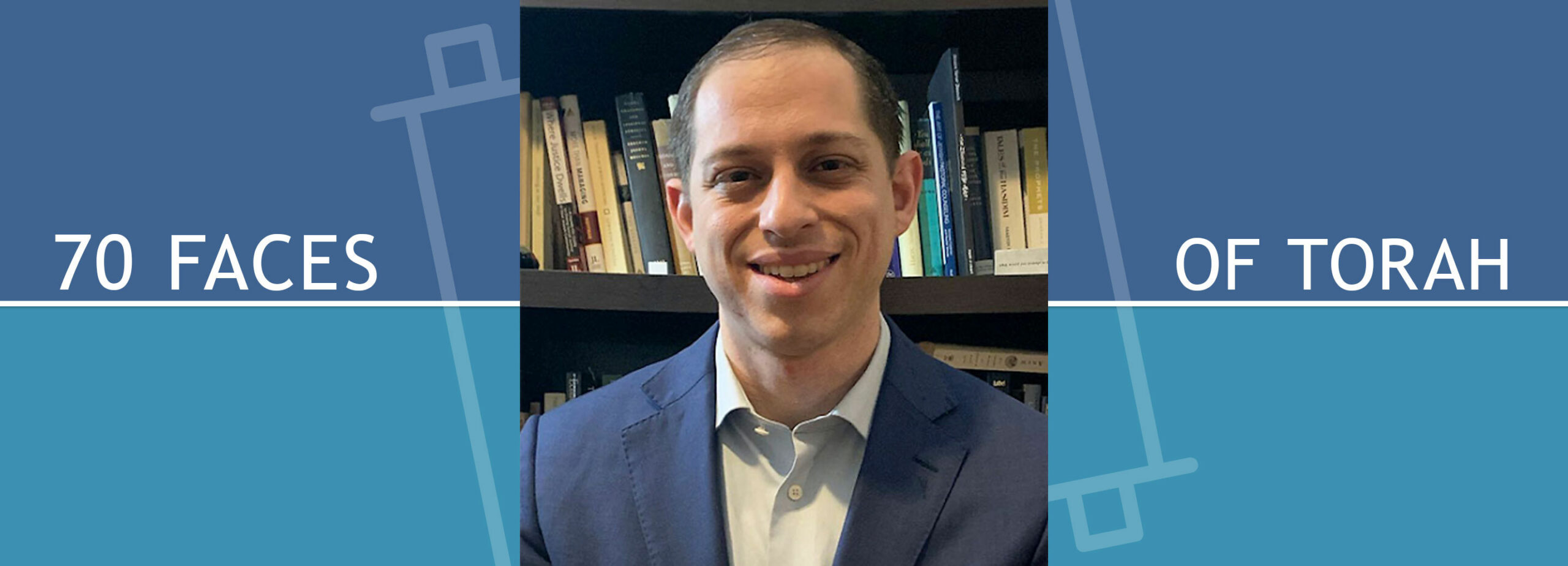Deuteronomy Journeying From Sinai: Have We Overstayed Our Welcome?

Parashat Devarim (Deuteronomy 1:1-3:22)
In her insightful book The Art of Gathering: How We Meet and Why it Matters, author Priya Parker discusses an ongoing debate she and her husband have when they invite people to their house for dinner. When should the party end? Parker is of the opinion that dinner parties should linger, with guests making themselves comfortable, settling in, and leaving when they are ready. Her husband believes that these gatherings should have a set end time, when everyone is (politely) asked to find their way home.
The two philosophies both have merit. On the one hand, why kick people out when they are having a perfectly good time? Informal gatherings like this do not need such strict schedules. On the other hand, doesn’t everyone feel more comfortable when they know the structure of an evening? This way no one has to make up an excuse to leave early, and hosts do not need to start fake yawning to give their guests the subtle hint when it is time!.
This week’s parashah explores a similar question. Did the Israelites overstay their welcome at Mount Sinai? In Moses’ retelling of the Israelites journey through the desert, God asks the Israelites to leave Mount Sinai with ambiguous words.
רַב־לָכֶם שֶׁ֖בֶת בָּהָר הַזֶּֽה׃
…You have stayed long enough at this mountain. (Deuteronomy 1:6)
With the words רַב־לָכֶם (rav lachem), is God offering a rebuke; letting the Israelites know that they have overstayed their welcome? Or is this expression meant to celebrate the long commitment that the Israelites have made to receiving Torah from God at Sinai.
The Hebrew is unclear. In one understanding, God’s language mirrors the language of a different biblical complaint, that of Korach and his followers who felt that Moses and Aaron had elevated themselves over the rest of the community inappropriately.
רַב־לָכֶם כִּי כָל־הָֽעֵדָה כֻּלָּם קְדֹשִׁים וּבְתוֹכָם יְהוָה
You have gone too far! For all the community are holy, all of them, and God is in their midst. (Numbers 16:3).
Here רַב־לָכֶם is the language of overreach. The Israelites have stayed too long, and there would be harm in their continued presence at Sinai.
Alternatively, Rashi suggests that רַב־לָכֶם is not language of rebuke but rather language of abundance. If the Torah wanted to say that the Israelites had stayed too long they could have used the word די, Hebrew for enough, as in the Passover song Dayenu. This language of רַב־לָכֶם instead suggests that God is saying that you have gained very much for staying so long at the mountain. That the length of the relationship at Sinai is something to celebrate:
God has given you much distinction and reward for your having dwelt in this mount: you made the Tabernacle, the candlestick and the other sacred articles, you received the Torah, you appointed a Sanhedrin for yourselves, captains over thousands and captains over hundreds. (Rashi on Deuteronomy 16:3)
So is God asking the Israelites to leave, or celebrating their presence at Sinai? Perhaps both. רַב־לָכֶם means you have gained much instruction, but that if the law is not applied, if it only exists within the context of Sinai, it will be of no use. If it is not given space to be applied, to grow, and breathe, Torah will become frozen and irrelevant.
A midrash explains that at Sinai the Israelites began to exhibit some behaviors that would not facilitate a healthy community. They were disrespecting judges when they came to them to adjudicate cases. They would gossip about their leaders and be stingy with their money. The Israelites knew the laws of Torah, but they had not been tested to build the kind of community which would be needed to live as a thriving people. The Israelites are described as difficult at Sinai, not because they are disobeying Torah, but rather because they are unwilling to conduct themselves in a manner that will allow for a smooth and equitable society.
In the desert, the stakes of this anti-communal behavior are low. God still is providing a watchful eye on the community, providing them food to eat, and remaining available to answer the most difficult legal questions. There is much to celebrate in the Israelites spending days on Sinai and exclaiming their allegiance to the God of Israel and the covenant between God and the people. At the same time, a covenant that exists at Sinai will never grow. It would only be when the Israelites left Sinai and tried to follow the laws without God’s direct guidance would they be able to become their most self-actualized selves.
So often we are confronted with this same question: Have we overstayed our welcome? Is it time to find a new job? To leave a relationship? To move to a new city? Is it time to drop a commitment? To take a new risk? To commit to a new path? Torah cannot answer this question for us, but it does offer a framing. Long term commitment offers us abundant reward. As the Israelites settled close to God and gleaned Torah and a framework for their lives, they were rewarded for staying in a relationship for remaining close. And also, at a certain point, God needed to tell them to leave. That only by stepping onward would the people continue to grow.
A spiritual life allows us to continually engage in this act of discernment: when is there more to learn and when is it time to journey forward? Hopefully we can live both meanings of רַב־לָכֶם , to celebrate what we have gained from our commitments, and at the same time to not be fearful to journey on.
Tyler Dratch is Assistant Rabbi at Beth Am Synagogue in Baltimore, MD and a 2021 graduate of the Rabbinical School of Hebrew College.
Learn more about Hebrew College’s rabbinical program at Ta Sh’ma (Come & Hear), our prospective student Open Houses (in-person November 18 & virtual December December 8).


